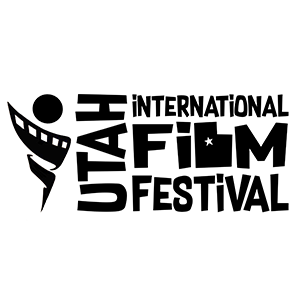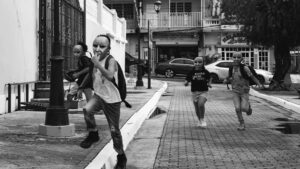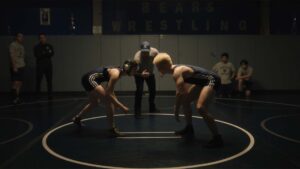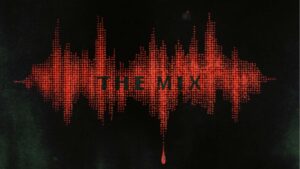The Parallel
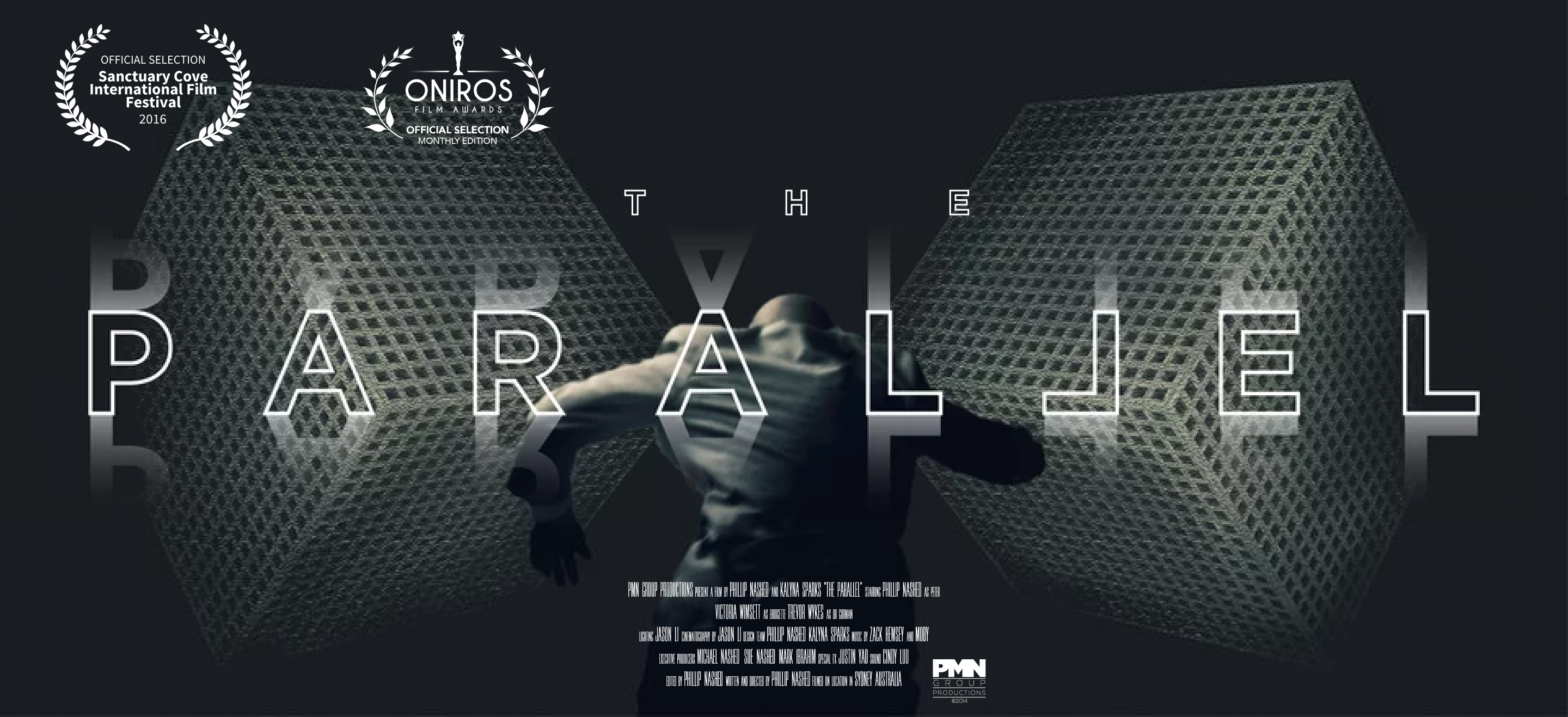
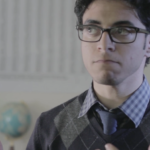
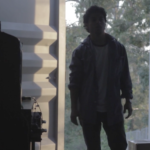
The Parallel is a short film that tackles a really complex concept in a really fun and unique way. It revolves around two people, Peter and Bridgette, who conceptualize an invention and try to get a grant from the Department of Advanced Military Security (D.A.M.S). They propose the following idea for a definitive surveillance system: record and detect anything that reflects off of a reflective surface.
The film opens with a voiceover from Peter that gets the viewer thinking right away. The images to follow show him sitting in a contemplated-manner in an isolated field that has debris lying around everywhere, and that alone makes the voiceover stand out that much more. A character that’s lost in thought. We are thrown into some flashback scenes of a girl, Bridgette, and then cut back to him sitting. He looks disturbed, lost, and reflective. We get a sense that something terrible has happened. Finally, we are thrown into the scene that gets the film into motion and introduces the conceptualized invention of reflective recording. Throughout the rest of the film, until the very end, we are left with a feeling of wanting to know what happened to Bridgette. Why is Peter having these flashbacks? Why is he reflecting back on her? The question gets answered right before the credits roll, but another question is introduced that leaves us wanting more.
The film does a great job with the writing. It felt real enough and wasn’t too scientific for one to understand. At times, there were a few spots of exposition, but with what the film tries to grapple, it’s understandable. The characters felt genuine and real and it’s fair to say the actors in this short deserve a round of applause. They go through ambition, doubt, and then passion mixed with curiosity which leads to an ultimatum that could have been avoidable; yet opens doors to new possibilities.
The production design felt real and was really well-thought out. From the D.A.M.S office, to the debris in the field, to a container where the project is stored, and to the aftermath of a character’s decision. It never feels like the filmmakers were trying too hard and shows you can achieve a lot with a little budget.
The editing and the music felt right for the piece. The cutting matches with the pace of the music. The atmosphere the music introduces feels meta and meta and goes along with the “self-reflective” theme that continues throughout the short. It makes us sit back and reflect on everything they’re talking about and almost forces us to think about what route they’re going to take until a solution is offered. It’s never too much music that it takes you out as a viewer.
At the end, they even try a few neat camera tricks, and for Phillip Nashed being a first-time filmmaker, the trick-shots were ambitious and appreciative. The cinematography and acting were pretty great. When you mix those in with the writing, especially at the beginning of the film and the end when everything ties up, those are the moments that will leave us pondering with the endless possibilities of where this short can go.
